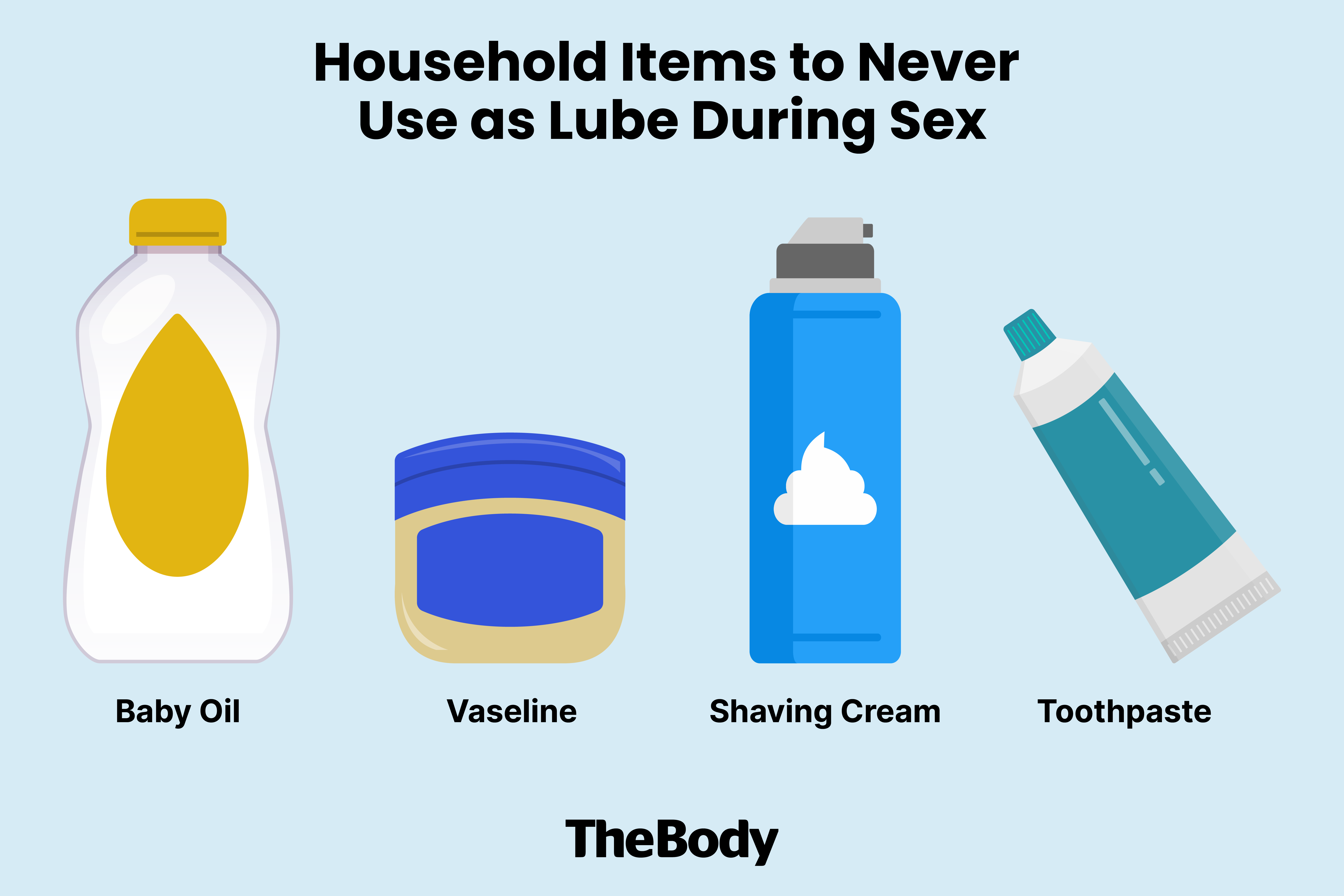
Reach For The Jar?
Let’s just say it. You’re in the middle of a moment—maybe solo, maybe not—and you realize you completely forgot to grab lube. All you see is that iconic blue jar: Vaseline, lurking at the back of your bathroom shelf (right next to the random expired face mask and maybe some floss you never use). It feels soft…slippery…totally harmless, right?
But wait—before you dip in—what actually happens if you use Vaseline as lube? Is it just an old-school hack that’s mostly harmless, or are there secret downsides nobody warns you about? Grab your mug, get cozy, and let’s talk about all the weird, wonderful, and messy truths—no shame, just facts and a little real talk from friend to friend.
Feels Like It Should Work…
So why does Vaseline call out to us in those pinch moments? Maybe, like me, you grew up seeing it solve everything from chapped lips to squeaky door hinges. (Raise your hand if your grandma swore it fixed almost anything!) That thick, glossy texture makes it feel perfect—just slide, zero friction, easy peasy.
I’ll be honest: I’ve known more than one person who tried it, especially before payday—or when they didn’t want to explain to a nosy roommate why there’s a fancy lube bottle on the bathroom counter.
And frankly, it does work…for a minute. There’s staying power! The stuff lasts way longer than most water-based lubes. That first glide? Not bad at all. BUT… let’s talk about the stuff that comes after.
What’s Actually Inside That Jelly?
Vaseline is made of petroleum jelly—a mix of mineral oils and waxes left over from oil refining. (Yep, straight from the same stuff that makes gas for your car, just cleaned a lot…) This makes it water-resistant and locks in moisture, which is gold for cracked heels, but… bodies are not feet or elbows. Especially not your intimate parts.
A lot of us forget that what’s fine for rough skin isn’t always great when it comes to, well, the more delicate equipment. When you’re thinking “can you use Vaseline as lube?” here’s where things get tricky.
…But Here’s The Messy Truth
I love a shortcut as much as anyone (life is hard enough!), but when it comes to our bodies, those little hacks sometimes backfire in hilarious, messy, or even risky ways. Let’s get totally real about the pitfalls people don’t always talk about.
It’s The Perfect Storm For Bacteria
Here’s the big “uh-oh.” Because petroleum jelly is so sticky and water-resistant, it basically sets up camp…and it does not leave quietly. According to research on Vaseline as lube, it can linger in or around your intimate areas for days, making it tough to wash off with just water.
Why does that matter? If any bacteria or yeast sneak in with it, your body isn’t able to flush things out as easily as with, say, water-based lube—meaning you’re much more likely to end up with something like a urinary tract infection, yeast infection, or even bacterial vaginosis.
One study found women using petroleum jelly vaginally were 2.2 times more likely to get bacterial vaginosis—yeah, that’s a big uptick in risk.[…and lots of health experts agree]
Personal Story Time
Real talk—someone once told me, after trying Vaseline during an “emergency,” she basically spent a week feeling “weird, itchy, and mad at herself.” She also had to wash her bedsheets twice. If you’ve ever Googled something like Can I put vaseline on my private area for itching, you know this struggle is all too real.
Condoms + Vaseline = Oops
This might be the #1 thing that shocks people: Vaseline will destroy a latex condom’s strength—in minutes. It makes latex stretchy, weak, and full of tiny holes you can’t see. So you might think you’re being safe, but actually, everything is the opposite.
Let’s do a quick comparison (because tables make everything clearer when your brain is like, “wait, what did you say?”):
| Lube Type | Condom Compatible? | Lasts Long? | Cleanup |
|---|---|---|---|
| Vaseline / Oil-based | No (breaks latex!) | Yes | Very Hard—Greasy, sticks everywhere |
| Water-based | Yes (latex safe) | Not as long—just add more if needed | Easy—washes off with water |
| Silicone-based | Yes (latex safe, but don’t use on silicone sex toys) | Yes—great for shower fun | Pretty easy (mild soap helps) |
If you’re ever using a condom (which, let’s be real, is a smart idea unless you are absolutely sure about your protection plan), skip the Vaseline. It’s not worth turning that “safe” moment into a stressful post-date pharmacy run, trust me.[Go Ask Alice backs this up!]
It Doesn’t Play Nice With Sex Toys Or Suppositories
If you use sex toys (and why not? No shame here), Vaseline can actually destroy certain materials over time—especially softer rubber or silicone. It can also trap old bacteria in scratches in the toy’s surface. Yikes.
Curious about suppositories or more medical uses? The answer gets murky—Vaseline may work for things like inserting a suppository, but safer, more body-friendly products are almost always better. There’s a great breakdown at Can you use Vaseline as lube for suppository if you want the details. Don’t just guess—your bum will thank you.
Have You Ever Tried Cleaning Up After?
So here’s where the “slippery” part really turns on you. If you use Vaseline as lube, it’s going to hang out…like, everywhere. On you. Your partner. Your sheets. And it doesn’t just rinse off with water—it takes actual soap, scrubbing, and sometimes even a second shower. (Been there. Not my finest hour.)
It’s not just annoying—it can leave you feeling over-scrubbed, dried out, or even cause irritation from just trying to get clean again. Sometimes the “quick fix” ends up taking a lot longer than you planned.
But…What If It’s All You Have?
Okay, I hear you. Sometimes you just…don’t have a choice. Maybe you’re in the middle of nowhere, the drugstore is closed, the mood can’t wait. You’re desperate. Can you use Vaseline as lube just this once?
Honestly? If you’re not using condoms, toys, or worried about infection risks—and it really is a “never again, just tonight” situation—your bits will probably forgive you. But expect a mess. Expect the need for a gentle soap. And if you feel irritation or itching after, listen to your body and let yourself heal before trying anything else.
Pro tip: If you’re using it just for external stimulation (not inside anything), it’s still far from ideal—but much less likely to cause problems. Still, make this your “last resort, not first pick” option.
If your reason is discomfort or dryness, sometimes it’s really better to wait and choose something safe or look into other advice—like what’s at Can I put vaseline on my private area for itching.
Ready For Better Options?
You deserve more than “eh, it’ll do.” Your body, your pleasure, your safety—none of that should be left to chance. So what’s the upgrade here? No need to overcomplicate.
The MVPs: Lube That Loves You Back
Here’s what most sexual health experts recommend when you want a smooth ride, minus all the risks and greasy disasters.
- Water-based lube: Cheap, easy to find, won’t mess with condoms or toys, and rinses off with a bit of water. Perfect for most situations.
- Silicone-based lube: Stays slick forever, works great in water (hello, bath fun), still safe for condoms. Just don’t use it on silicone toys.
- Aloe vera gel: Gentle, soothing, often safe for sensitive folks (just check for sneaky added alcohols or fragrances).
- Coconut oil: Lovely texture if you aren’t using latex—bonus moisturizing for sensitive skin. Not for use with condoms.
There are plenty of other homemade or natural alternatives out there too. Some people have tried things like plain, unsweetened yogurt or even egg whites (yep, seriously). But be careful—always do a patch test and maybe chat with your doctor if your bits are extra sensitive.
The main thing? Don’t reach for anything with dyes, perfumes, or extra chemicals (that means the candy-flavored stuff, body lotion, or SPF…yep, people have tried). Our bodies like to keep it simple!
Trying Something New For Suppositories?
If you’re searching for body-friendly advice—or have medical needs for smoother suppository use—start by checking out Can you use Vaseline as lube for suppository. There are options made for exactly this, so you don’t have to wonder if it’s “good enough” or risk accidental irritation.
What About Those Weird Solutions?
I get asked about all sorts of household alternatives (olive oil, shea butter, almond oil, even avocado). If you’re solo and not using condoms or toys, most pure, food-grade oils are fine for the occasional one-off. But they can still stain, don’t wash out easily, and always carry a (small) infection risk.
If you ever feel a burning sensation, itching, or something just seems “off”…listen. Stop, rinse, rest. And if in doubt? Ask Google, call your nurse line, or check out resources like Can I put vaseline on my private area for itching for tips before things get weird.
Let’s Get (And Stay) Real: What Did We Learn?
Whew, that was a lot. If you’re still with me, props to you—you clearly care about your health and comfort (and maybe just wanted permission to stop MacGyver-ing the lube situation).
So let’s circle back. Can you use Vaseline as lube? Technically, sure… it’ll feel slick, it’s right there…but it comes with enough caveats and clean-up hassle that, unless you’re truly stuck, it’s not worth the extra itch, risk, or mess. Extra caution if you’re using condoms (don’t!) or toys (skip it there too).
There are so many body-friendly, well-designed options out there—some even hanging out in your kitchen. Treat your body to something that loves you back. I promise, your sheets will thank you…and so will everything below the belt.
And hey—if you’ve ever done the “emergency-jar” trick and have your own Vaseline horror story (or secret success?!) drop it in the comments. The only way we all get smarter is by sharing our dirt (er… our slip-ups). Next time the mood hits, trust yourself to reach for something really made for pleasure—not petroleum. You’re worth it.

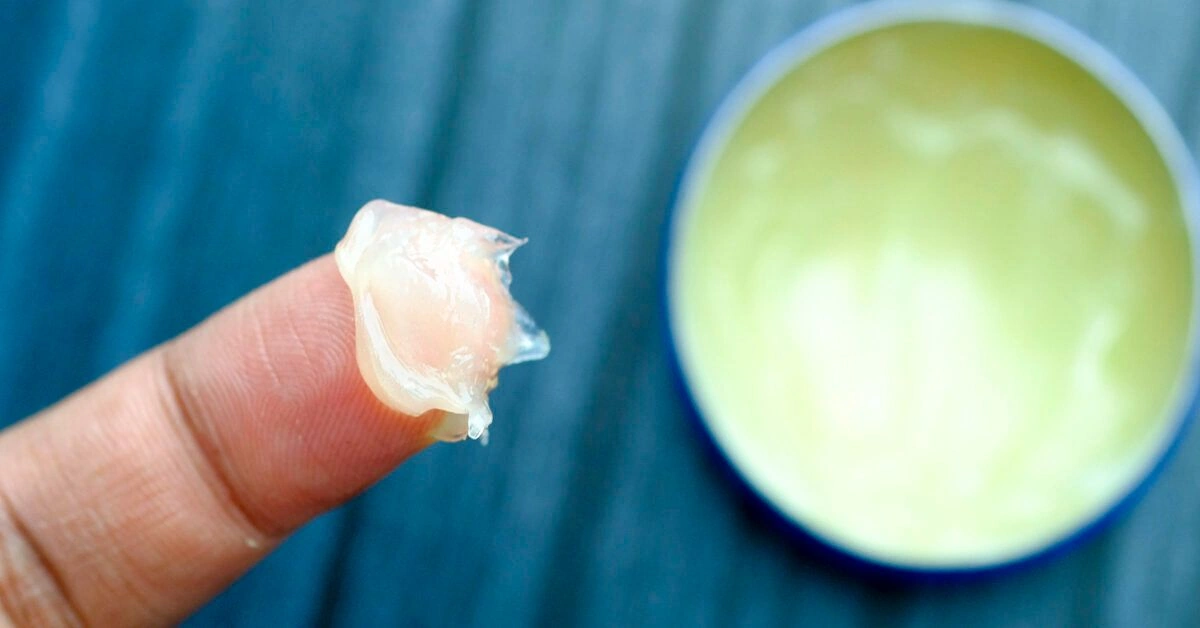

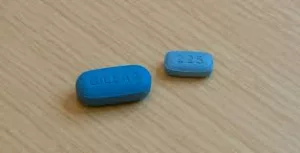





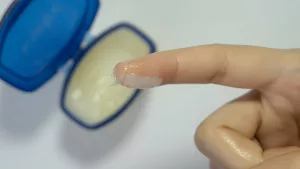
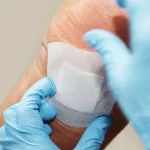
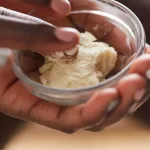

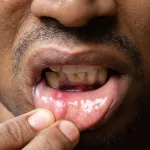





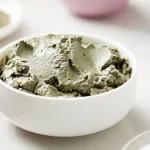





Leave a Reply
You must be logged in to post a comment.